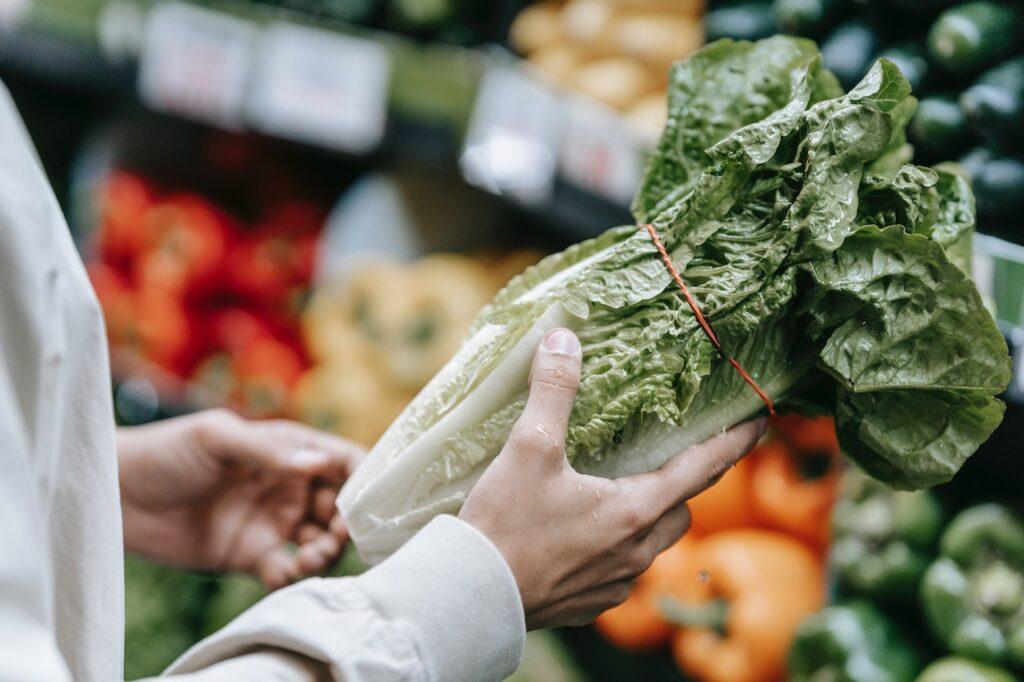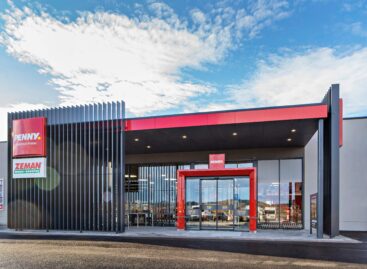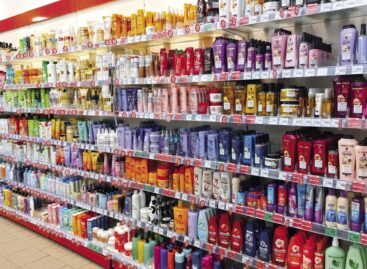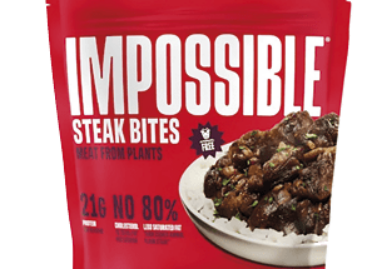Inflation has made a difference to trade in organic products
High inflation has significantly changed the purchasing behaviour of customers for organic products. „People are still buying organic products, but at a lower price” Robert Kecskes, trade expert at market researcher GfK says.

“There has been a noticeable reduction in the willingness of shoppers to pay higher prices for organic products due to the general price increase”. The winners of this development are above all discounters, the losers are organic supermarkets and natural food stores. While GfK forecasts that organic supermarkets and organic grocery stores will see a significant drop in sales of more than 18% in 2022, discounters are targeting an increase of more than 11% in organic food and drinks.
The success of retailers’ organic private labels that tend to be priced noticeably below branded products reflects this development. “Retailers’ private labels are playing a much bigger role in the organic segment than in traditional trade,” Hanna Kehl, sustainability expert at GfK says.
According to GfK, the market share of organic private labels in the food and beverage market is now more than 60% and is further growing. In contrast, private labels’ market share for conventional products is only 46%.
Related news
Penny Czechia Seeks Growth With €112m Investment In 2026
🎧 Hallgasd a cikket: Lejátszás Szünet Folytatás Leállítás Nyelv: Auto…
Read more >Inflation has dropped significantly, a cycle of interest rate cuts may begin, while gold soars
🎧 Hallgasd a cikket: Lejátszás Szünet Folytatás Leállítás Nyelv: Auto…
Read more >Retail sales of organic products in Hungary increased by 13.9% – our country is the second fastest growing market in the European Union
🎧 Hallgasd a cikket: Lejátszás Szünet Folytatás Leállítás Nyelv: Auto…
Read more >Related news
From routine to ritual
🎧 Hallgasd a cikket: Lejátszás Szünet Folytatás Leállítás Nyelv: Auto…
Read more >Impossible Foods featured on the “Best in Business” list again this year
🎧 Hallgasd a cikket: Lejátszás Szünet Folytatás Leállítás Nyelv: Auto…
Read more >








